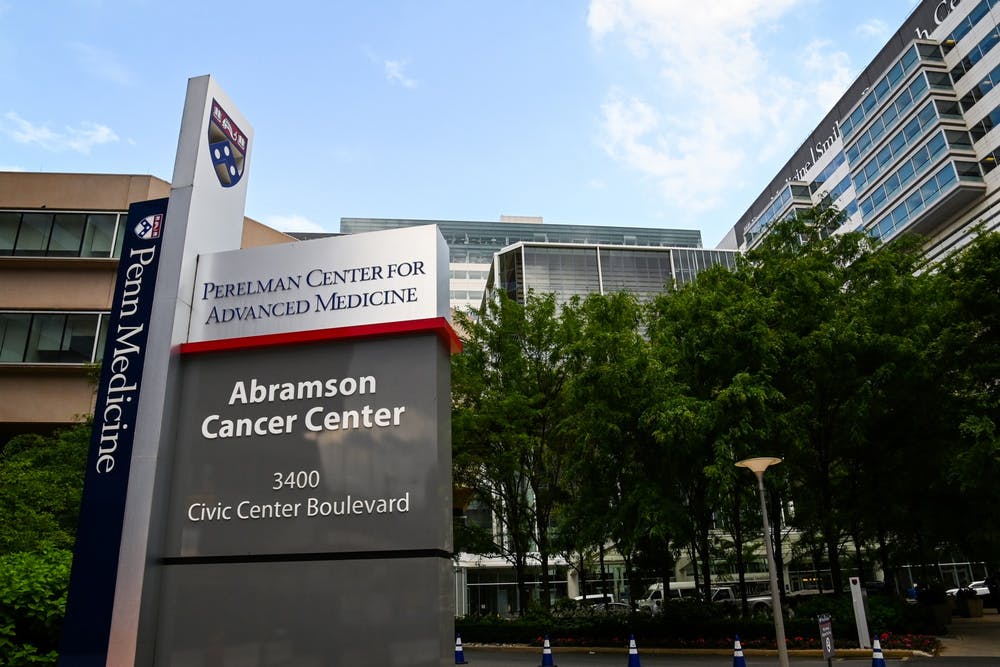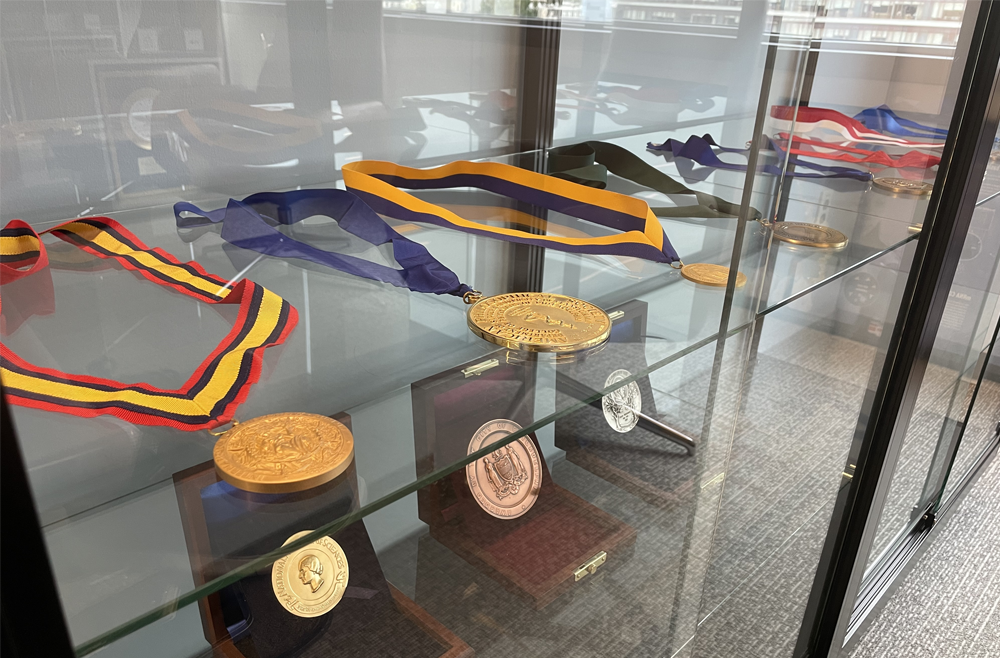
News & Updates
A Year After Winning the Nobel Prize, Penn’s mRNA Research is Revving Up
Thursday, December 12, 2024
A year after winning the 2023 Nobel Prize, Katalin Karikó and Drew Weissman’s mRNA research continues to drive rapid advancements in medicine. Based at the Penn Institute for RNA Innovation, Weissman leads a growing team focused on expanding mRNA technology beyond COVID-19 vaccines. Recent efforts include developing vaccines for diseases like malaria, norovirus, HIV, Lyme disease, and C. diff, with promising preclinical results. Researchers are also working on “pan” vaccines to target multiple virus strains, such as flu and coronaviruses.
The lab is exploring mRNA’s potential in cancer treatment by targeting tumor defenses and advancing veterinary health through the Penn Vet-mRNA Research Initiative, which seeks to prevent diseases in livestock to reduce zoonotic risks. Supported by the NSF-funded AI-driven RNA Foundry, researchers are using artificial intelligence to enhance mRNA design and production. Weissman emphasizes the transformative potential of their work, inspired by the real-world impact of their research on COVID-19 vaccine recipients.
Philly Fights Cancer is proud to fundraise for the research and lab requirements that make discoveries like mRNA possible. Read the full article from Penn Medicine at the link.


A year after winning the 2023 Nobel Prize, Katalin Karikó and Drew Weissman’s mRNA research continues to drive rapid advancements in medicine. Based at the Penn Institute for RNA Innovation, Weissman leads a growing team focused on expanding mRNA technology beyond COVID-19 vaccines. Recent efforts include developing vaccines for diseases like malaria, norovirus, HIV, Lyme disease, and C. diff, with promising preclinical results. Researchers are also working on “pan” vaccines to target multiple virus strains, such as flu and coronaviruses.
The lab is exploring mRNA’s potential in cancer treatment by targeting tumor defenses and advancing veterinary health through the Penn Vet-mRNA Research Initiative, which seeks to prevent diseases in livestock to reduce zoonotic risks. Supported by the NSF-funded AI-driven RNA Foundry, researchers are using artificial intelligence to enhance mRNA design and production. Weissman emphasizes the transformative potential of their work, inspired by the real-world impact of their research on COVID-19 vaccine recipients.
Philly Fights Cancer is proud to fundraise for the research and lab requirements that make discoveries like mRNA possible. Read the full article from Penn Medicine at the link.


